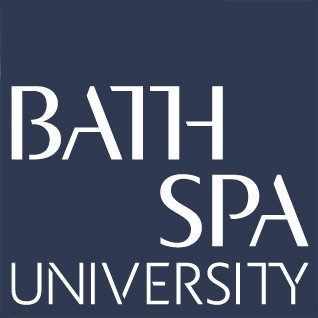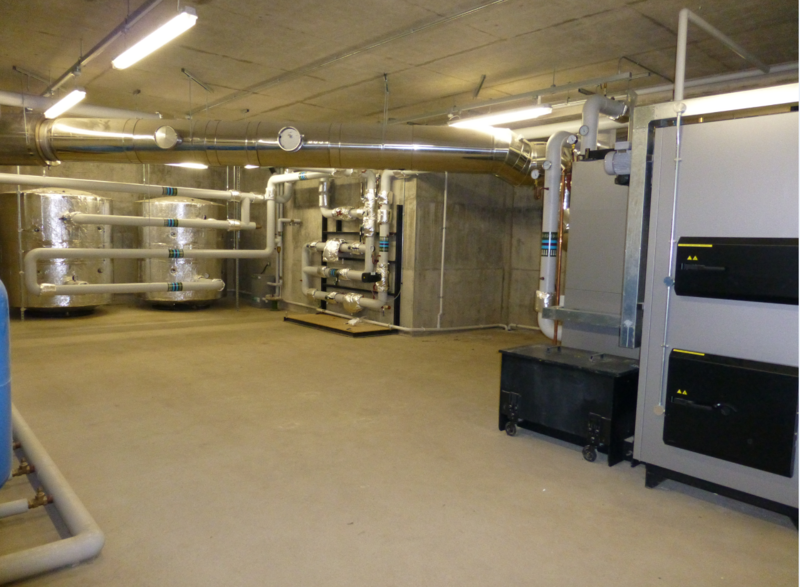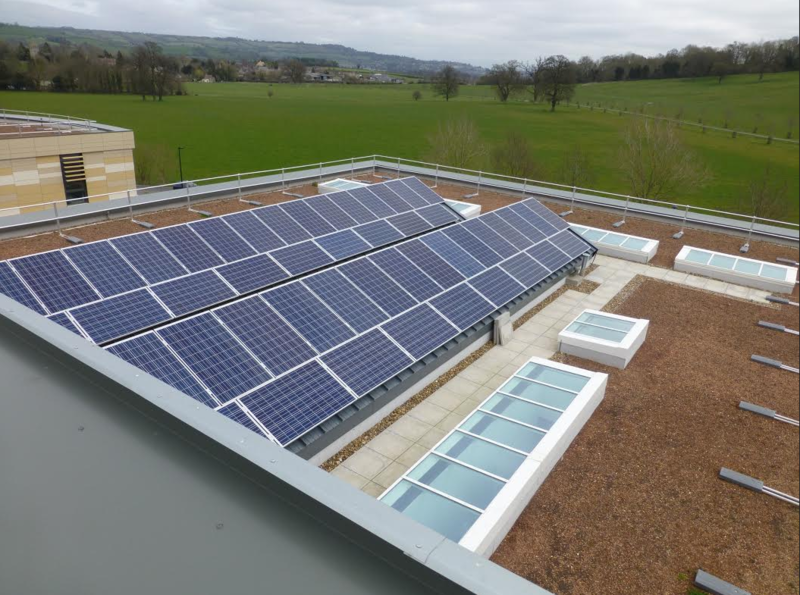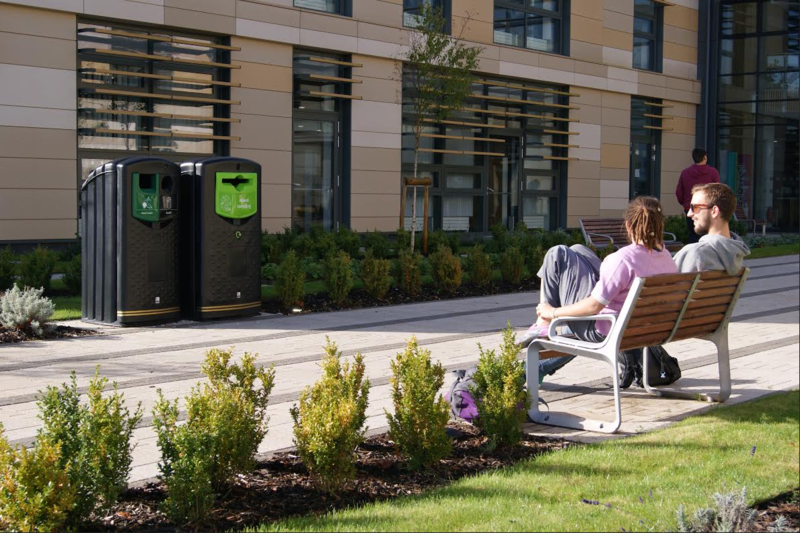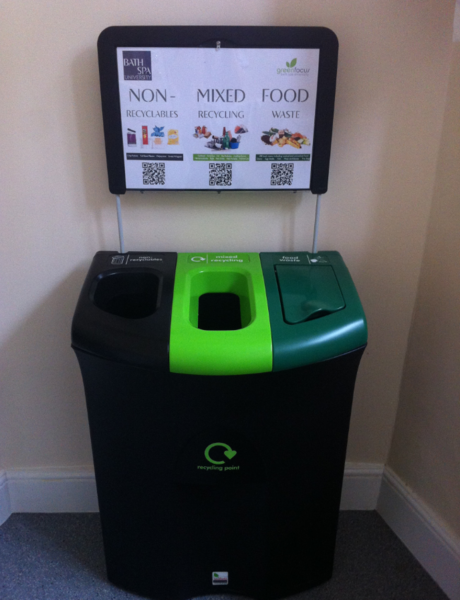Bath Spa University
At Bath Spa University, we are committed to continually improving our sustainability in every sense of the word. Our Vision is to be a leading university in creativity, culture and enterprise, ensuring through our own ethical behaviour that our students become socially engaged, global citizens.
We have a long journey ahead but we’ve made a great start!
Education for sustainable development
It has been our aim to make available knowledge and understanding of the issues around sustainable development to all students and staff. In order to enable this, we have worked to identify and remove barriers that prevented students from adding sustainability-related modules to their core degree courses by providing a series of Open Modules in Sustainability.
In addition to our core environmentally-related subjects, such as biology and geography, in which we tackle issues such as climate-change and ecosystem management, we run a range of sustainability-focussed degree courses including Environmental Science, Conservation Biology and Sustainable Development, which complement the open modules for all students.
We have also integrated environmental and sustainable development topics into many of our courses, including Business Management, Creative Writing and PGCE. These modules include Environmental Sustainability: Impacts and Action, and Environmental Consultancy, through which students can become actively engaged in improving environmental performance and behaviour change within the university, as well as with industry through which we recently won a Green Apple Award. Last year, over 550 students signed up to these courses.
Energy and carbon management
Since 2010, we’ve been implementing our Carbon Reduction Management Plan. In the first four years, we reduced total energy consumption by 34% and carbon by 22%, while simultaneously expanding the use of our buildings across weekends and evenings and increasing the availability of services to students. This has enabled a large-scale expansion of our estate, including a BREEAM-Excellent state-of-the-art 8,000 m2 academic facility and 560-bed residential development, without increasing emissions from our baseline.
As part of this programme, we have built 2 biomass-fired energy centres on our main campus, which are being expanded this year to provide low-carbon heat to most buildings on site, via district heating networks.
This work forms part of a £2.4M energy efficiency investment, partially funded by Salix, which is being delivered as an Energy Performance Contract this year.
As well as the usual energy reduction and efficiency measures, we’ve innovated with our air conditioning controls too. In our open-access IT suites, we designed interfaces with our BEMS to introduce a dead-band to the air conditioning, which now only operates in heating mode up to 19C then completely powers-down until the room-temperature reaches 23C, at which point it comes back on in cooling mode only. This means that, for most of the time, the air conditioning is using no power at all during occupation, unless it’s really needed. As well as reducing electricity consumption, this has been very popular with users as they’re no longer being continually blasted by hot and cold air.
Waste and recycling
After early success in introducing recycling between 2008 and 2012, when recycling rates reached around 60%, things levelled off and began to decline. As was the usual way, we had been collecting separate recycling streams and sorting/bailing them on-site to develop a financial return. This was way too complicated, meant that we needed seven different bins and a host of different messages to collect it all and it entailed H&S risks for our staff using the bailing machinery. We were also spending over £7,000 a year on black bags, which were a waste stream in their own right and caused a number of complicating issues. Clearly, we needed a new plan.
So, we looked at every aspect of our waste management process, identified the problems and came up with a completely new system that we thought would maximise recycling and food waste collection and minimise waste-to-landfill. We wanted it to be as simple as possible, with the same, straightforward messages, signage and colour-schemes everywhere.
Working with our local bin manufacturer, Leafield Environmental, we designed a suite of bins for every location, academic, residential, internal and external. We designed a bag-less 3-stream process of mixed recycling, non-recycling and food waste for every location across all our campuses and bought on-site compactors to minimise waste collection vehicle movements.
Whilst designing the system, we went to the market to find a cost-effective waste services provider that would proactively help us to minimise waste-to-landfill. A detailed financial analysis, comparing the new system with the old, showed that, even with the significant capital investment required, we could reduce costs by around £200k over 5 years.
During our first year of operation, 2014/15, we managed 75% on-site recycling, collected almost 40 tonnes of food for anaerobic digestion and only sent 7.8 tonnes of waste to landfill. This meant that almost 200 tonnes of our waste was processed foe return to a circular economy. The remainder went to be processed and incinerated for energy-from-waste.
Main Contact Name: Julian Greaves, Sustainability Manager
Main Contact Email: j.greaves@bathspa.ac.uk 01225 875846
Further information/website: www.bathspa.ac.uk/sustainability
Share with us: www.twitter.com/BSU_Green_Focus www.facebook.com/BSUGreen

